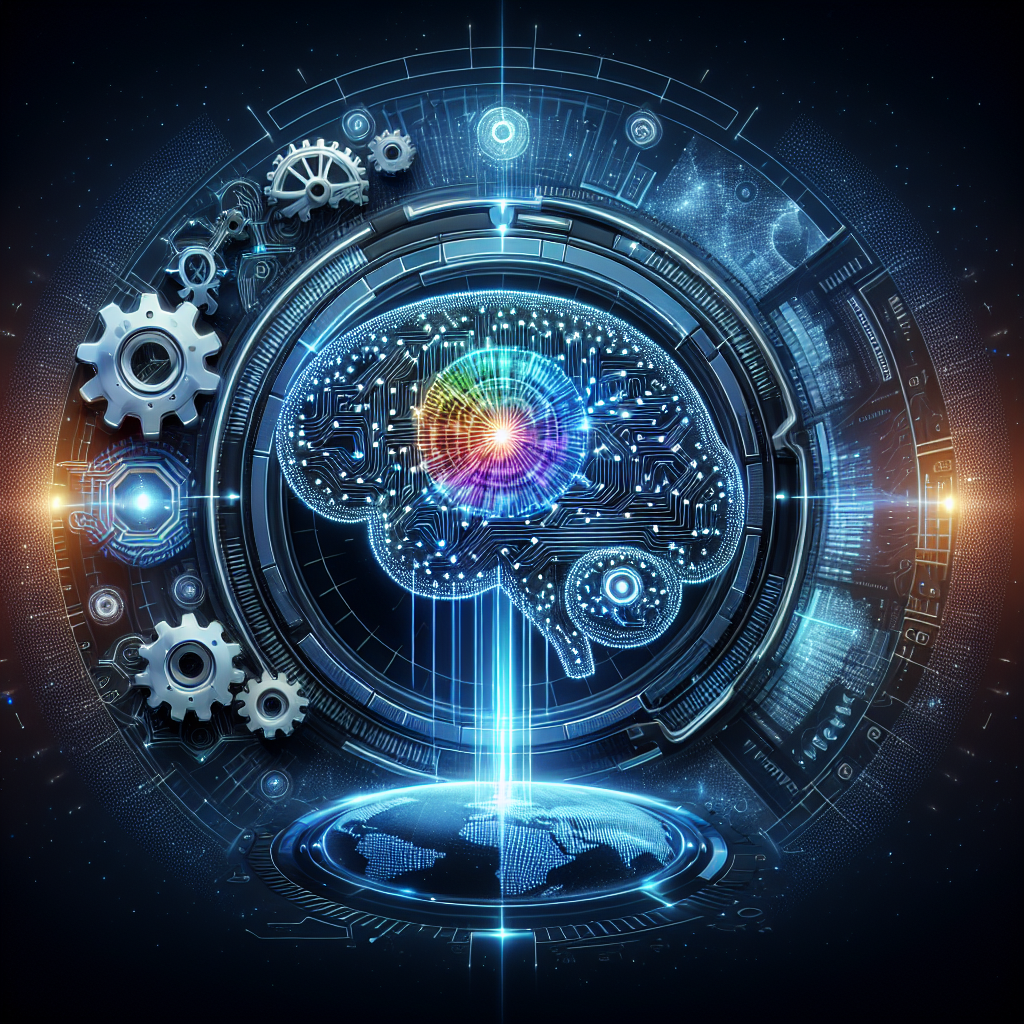Artificial General Intelligence (AGI) has long been a dream of scientists and technologists alike. The idea of creating a machine that can think and reason like a human being has fascinated researchers for decades. With recent advancements in technology, AGI is now closer to becoming a reality than ever before. In this article, we will explore the concept of AGI, its potential applications, and the impact it could have on the world of technology.
What is AGI?
AGI refers to a form of artificial intelligence that possesses the ability to understand, learn, and apply knowledge in a way that is similar to human intelligence. Unlike narrow AI, which is designed to perform specific tasks, AGI is intended to have a broader range of capabilities and be able to adapt to new situations and challenges.
The development of AGI poses a number of challenges, as creating a machine that can truly think and reason like a human is a complex and multifaceted task. Researchers are working on developing algorithms and systems that can mimic the cognitive processes of the human brain, such as perception, reasoning, and decision-making.
Potential Applications of AGI
The potential applications of AGI are vast and varied, with the technology having the potential to revolutionize a wide range of industries. Some of the key areas where AGI could have a major impact include:
1. Healthcare: AGI could be used to analyze medical data and assist doctors in diagnosing and treating patients. The technology could also be used to develop personalized treatment plans based on an individual’s genetic makeup and medical history.
2. Finance: AGI could be used to analyze financial data and predict market trends, helping investors make better-informed decisions. The technology could also be used to detect fraud and other financial crimes.
3. Education: AGI could be used to develop personalized learning experiences for students, helping them to learn at their own pace and in a way that suits their individual learning styles. The technology could also be used to develop new educational tools and resources.
4. Manufacturing: AGI could be used to optimize manufacturing processes and improve efficiency. The technology could be used to analyze production data and identify areas for improvement, leading to cost savings and increased productivity.
5. Transportation: AGI could be used to develop autonomous vehicles that are capable of navigating complex environments and making decisions in real-time. The technology could help to reduce accidents and improve the efficiency of transportation networks.
The Impact of AGI on the World of Technology
AGI has the potential to be a game-changer in the world of technology, with the technology having the ability to transform the way we live and work. The development of AGI could lead to advancements in a wide range of fields, from healthcare and finance to education and manufacturing.
One of the key benefits of AGI is its ability to analyze and interpret large amounts of data quickly and accurately. This could have a major impact on industries such as healthcare and finance, where the ability to process and analyze data in real-time is crucial.
AGI could also lead to the development of new tools and technologies that could improve efficiency and productivity in a wide range of industries. For example, AGI could be used to develop autonomous robots that are capable of performing complex tasks in hazardous environments, such as search and rescue operations or maintenance work in nuclear power plants.
The development of AGI could also have a major impact on the job market, with the technology potentially leading to the automation of a wide range of tasks that are currently performed by humans. While this could lead to job losses in some industries, it could also create new opportunities for workers in other areas.
FAQs
Q: Will AGI replace human workers?
A: While AGI has the potential to automate a wide range of tasks currently performed by humans, it is unlikely to completely replace human workers. Instead, AGI is more likely to augment human capabilities and create new opportunities for workers in a wide range of industries.
Q: How close are we to achieving AGI?
A: While significant progress has been made in the field of artificial intelligence in recent years, true AGI is still some way off. Researchers are working on developing the algorithms and systems needed to create a machine that can think and reason like a human, but there are still many challenges to overcome.
Q: What are the ethical implications of AGI?
A: The development of AGI raises a number of ethical questions, such as how the technology should be used and who should be responsible for its actions. Researchers and policymakers are working to address these issues and ensure that AGI is developed in a responsible and ethical manner.
In conclusion, AGI has the potential to be a game-changer in the world of technology, with the technology having the ability to revolutionize a wide range of industries and transform the way we live and work. While there are still many challenges to overcome, the development of AGI could have a major impact on the world in the years to come.

